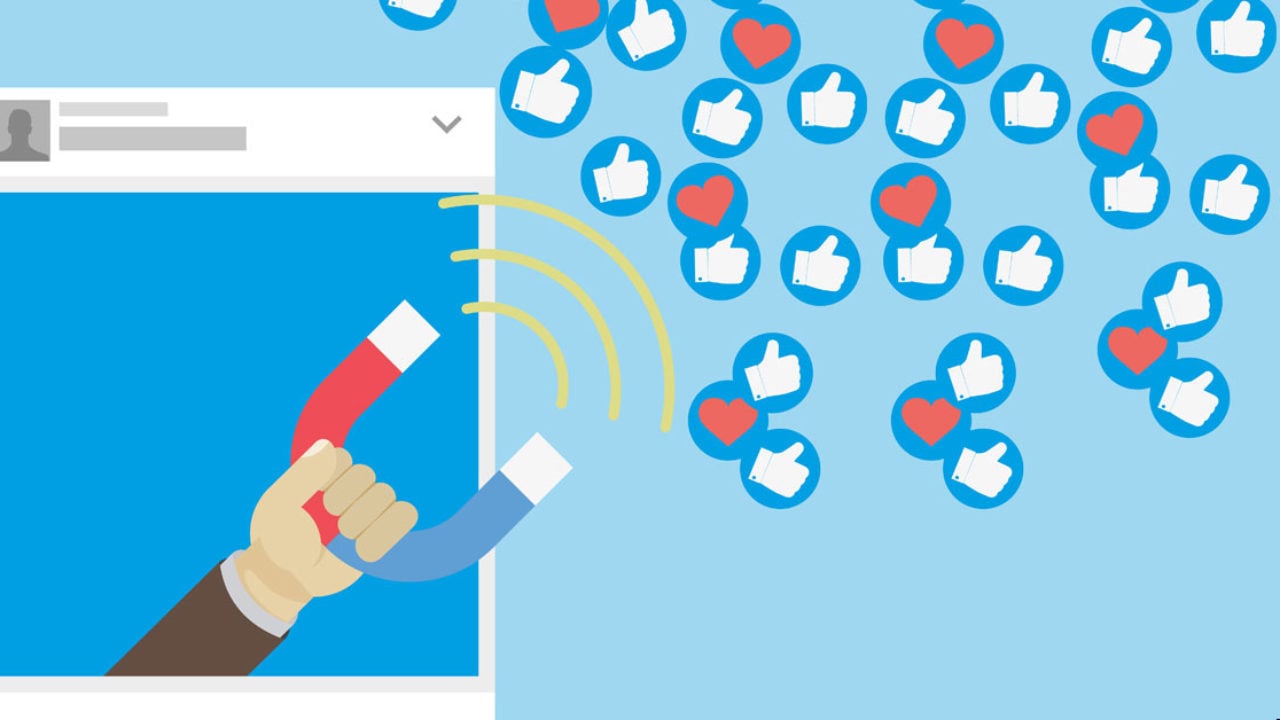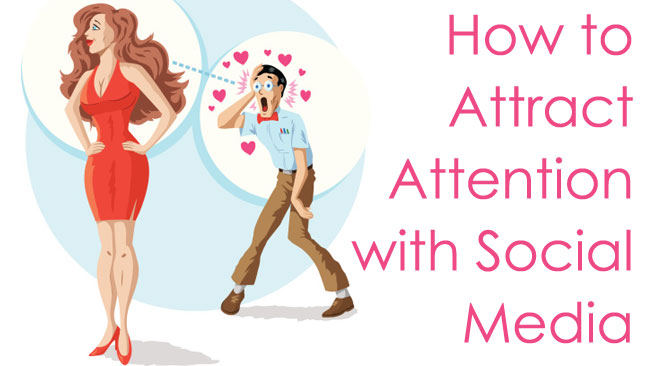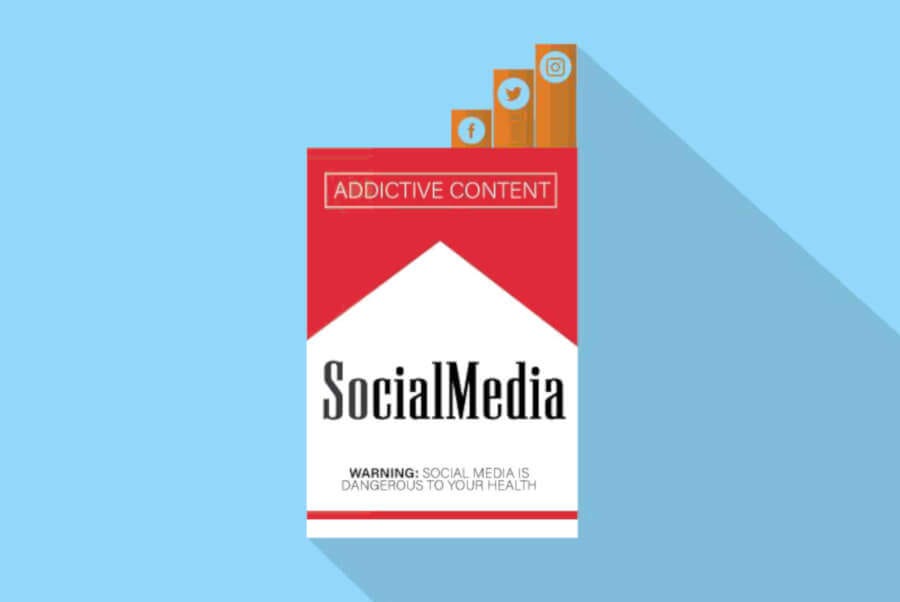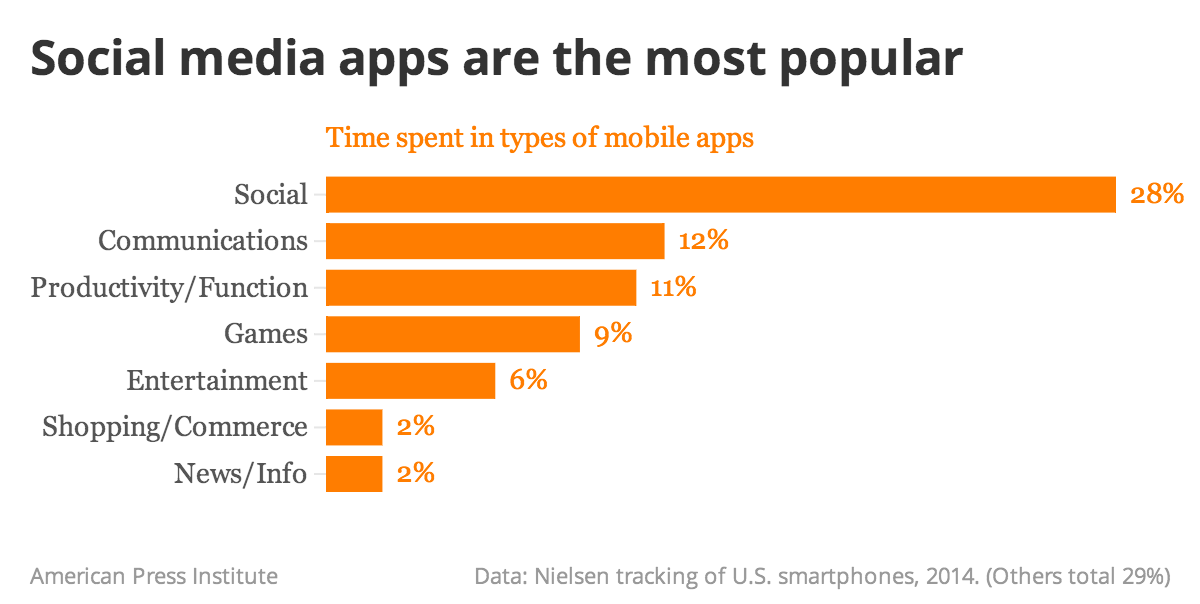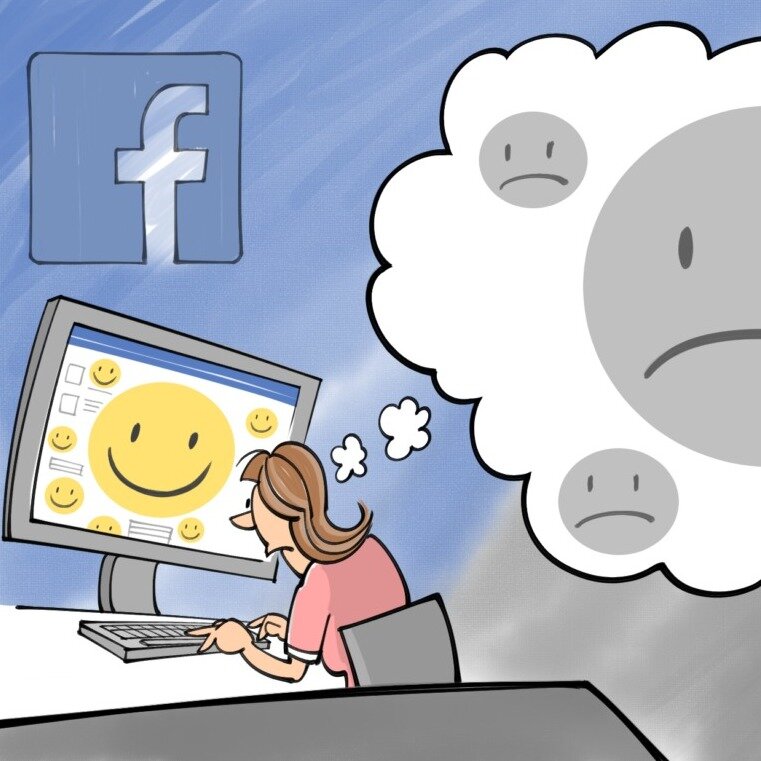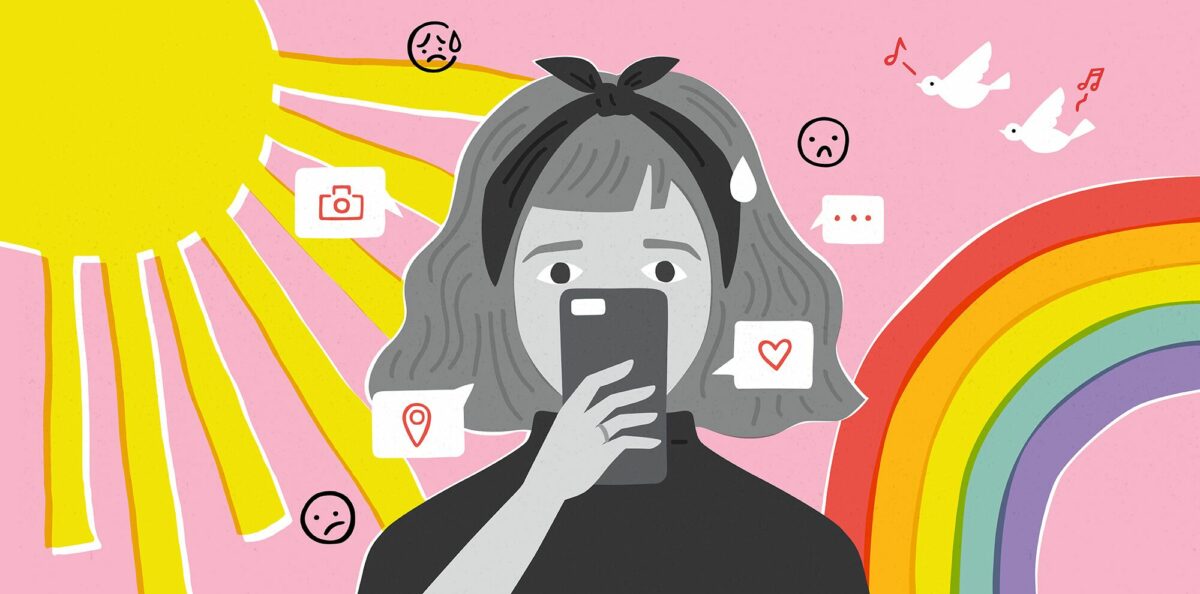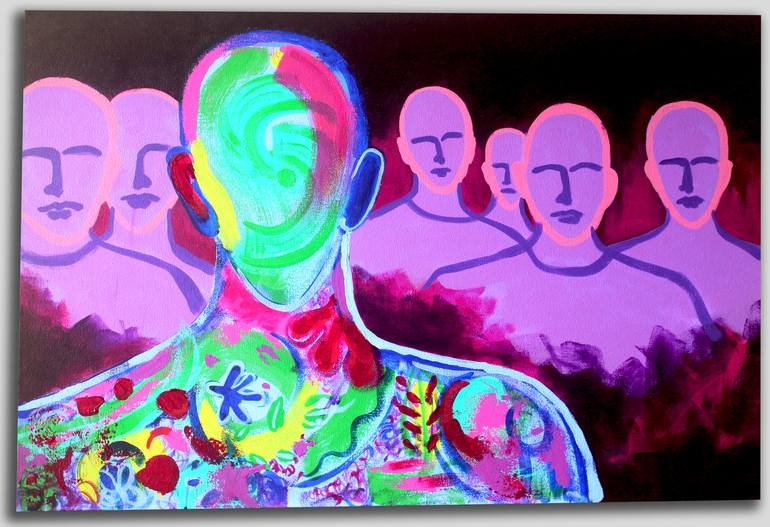Everyone loves to take the gifts Earth has given us. We all love swimming in the crystal blue ocean, taking hikes up beautful nature coated mountain sides, having picnics in soft green grassy fields, and so much more. Every single day before I started writing this blog I took the most basic privilege for granted: to be a human being on planet Earth. If you are reading this you must also have this incredible privilege. We are on the top of the food chain on the best planet in the entire galaxy. Do we appreciate this gift and demonstrate our gratitude to the planet? No, mankind cuts down forests in a process called deforestation, constantly burns toxins into our atmosphere, produces unprecedented amounts of trash, and so much more.Let’s take a deeper look.

The two most detrimental human actions to the environment are cutting down and altering ecosystems, and burning fossil fuels which releases carbon dioxide into our atmosphere (Bain). There is some good news and bad news about these problems. Good news first? Sure. We can take action to find alternative solutions and stop doing these things. It would take a united effort, but it is very possible. The bad news is twofold: first, our planet’s health is way down on our list of problems. We have scientists proving the effects of climate change, and governments across the globe do not take much action. Second, we are running out of time. If change is going to come, it needs to be now, with the group of people that are currently inhabiting this world. We are alive at a make or break time for the future of this planet. Already it is being predicted by scientists that within the decade we may loose Miami and Bangladesh because of constantly rising water (Wallace-Wells). As the atmosphere heats up due our constant burning of fossil fuels, ice melts and sea level rises.

Ultimately what is happening to our planet is we are using too much and not giving anything back. We destroy ecosystems so we can have more land, but destroy the homes of animals and deplete our source of oxygen simultaneously. We burn fossil fuels because it powers factories and cars, but ignore the fact that it is destroying our atmosphere. We act is if our decisions have no consequences, which could not be farther from the truth. The time to make a change really is right now because if we keep pushing change down the road eventually we will have missed the boat. It is a scary reality but there is hope. I will be focusing on what can be done to really make a change in future posts. For now, think twice about whether that plastic cup really belongs in trash instead of recycling.
Picture Sources:
https://www.rainforest-alliance.org/articles/our-360-approach-to-stopping-rainforest-destruction
Work Cited:
https://www.amnh.org/explore/ology/earth/ask-a-scientist-about-our-environment/what-is-the-most-harmful-human-action-to-earth
https://nymag.com/intelligencer/2017/07/climate-change-earth-too-hot-for-humans.html


